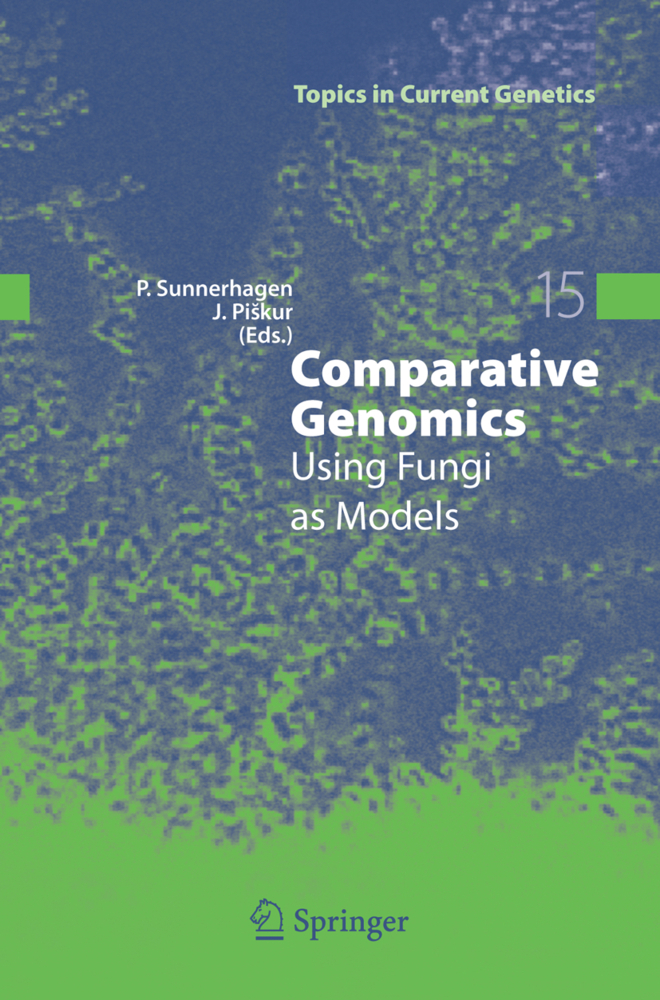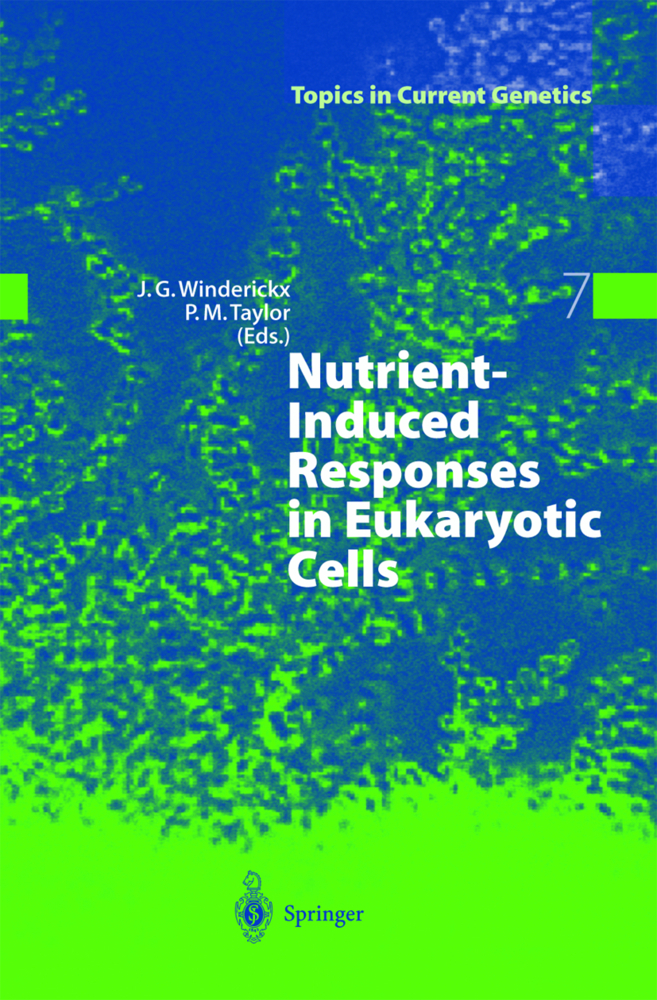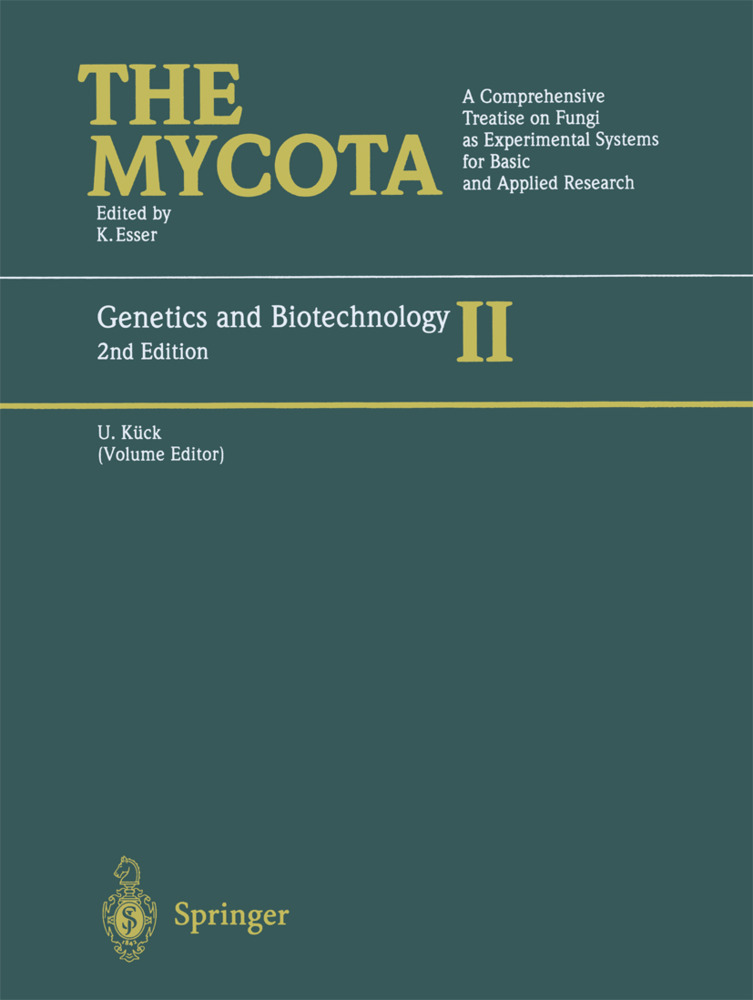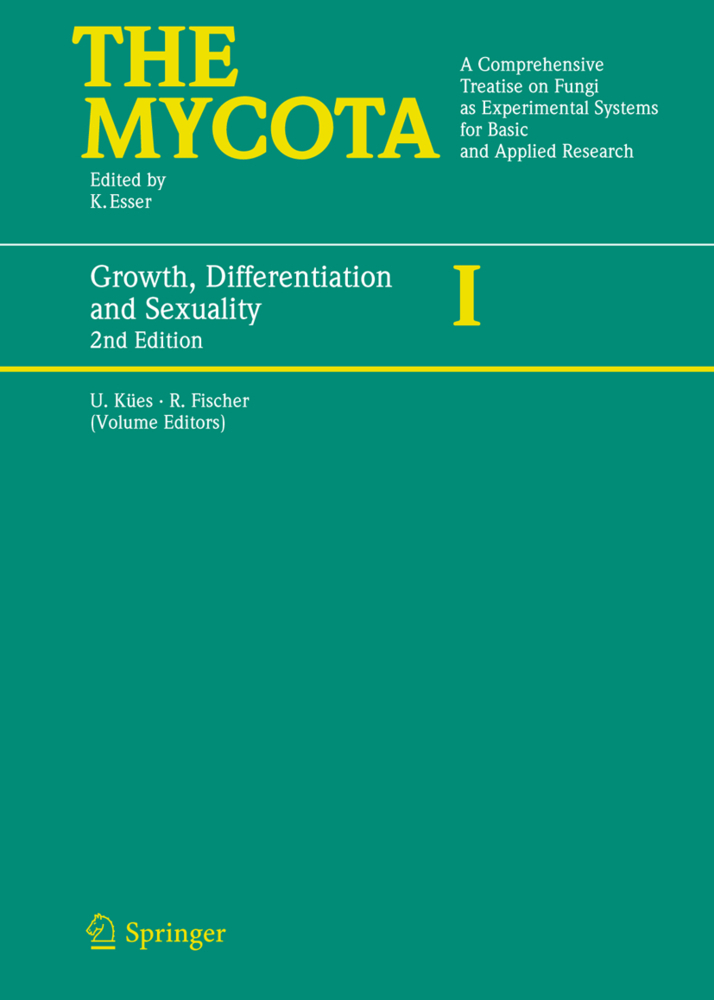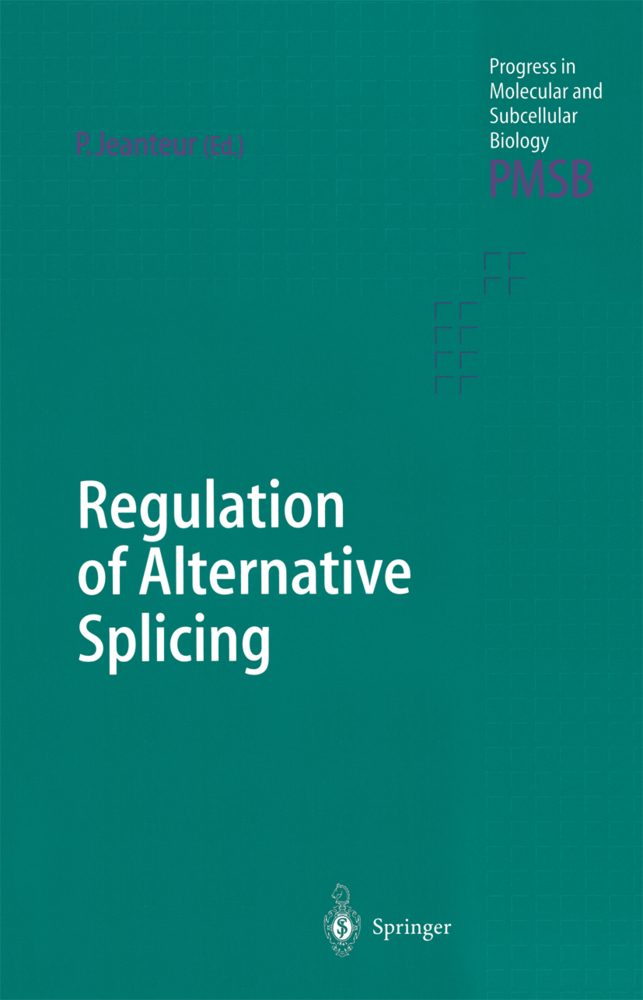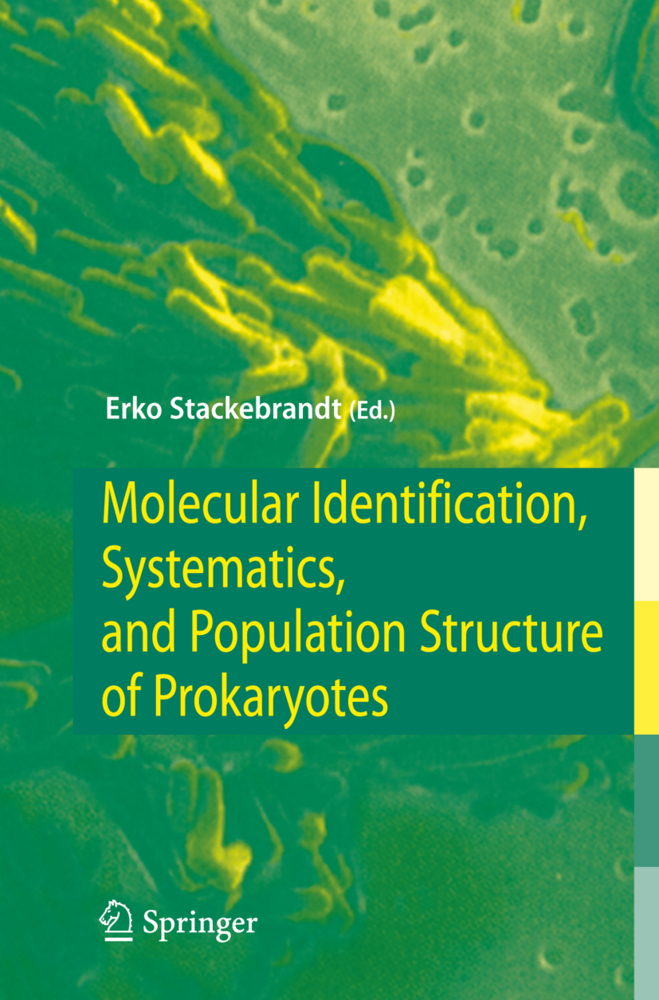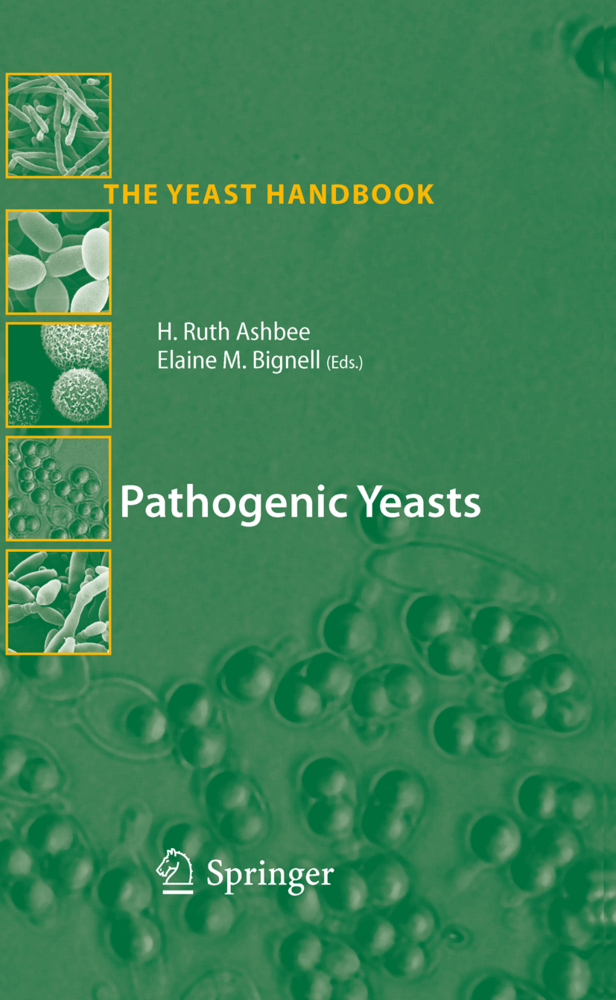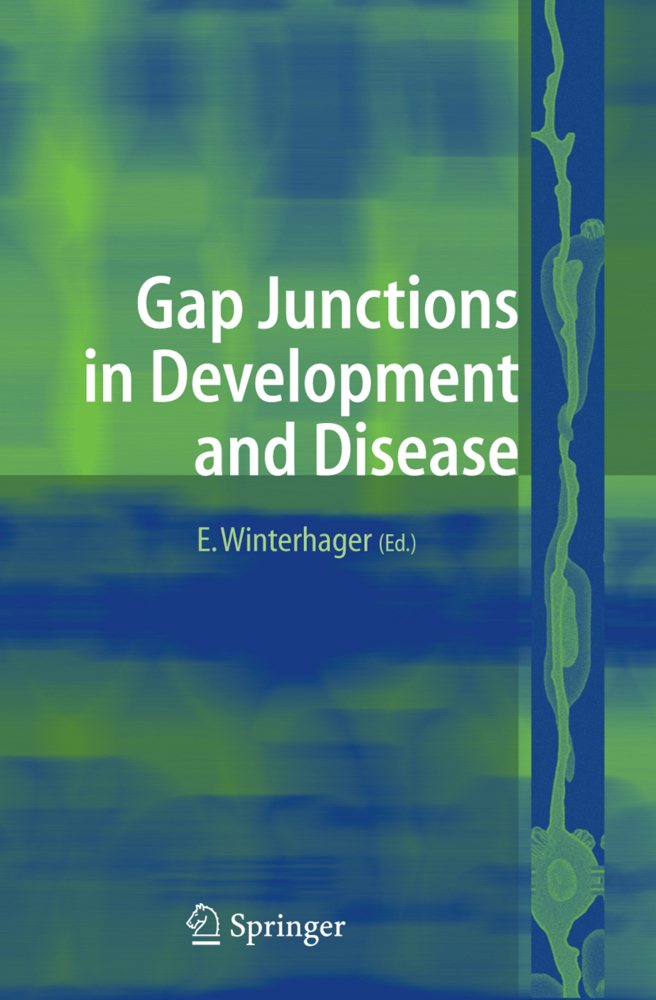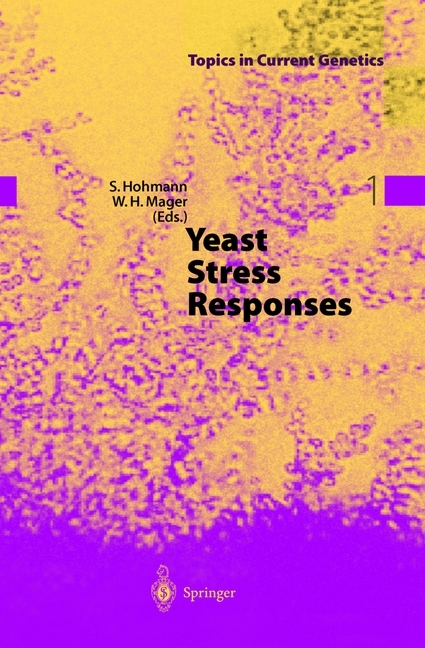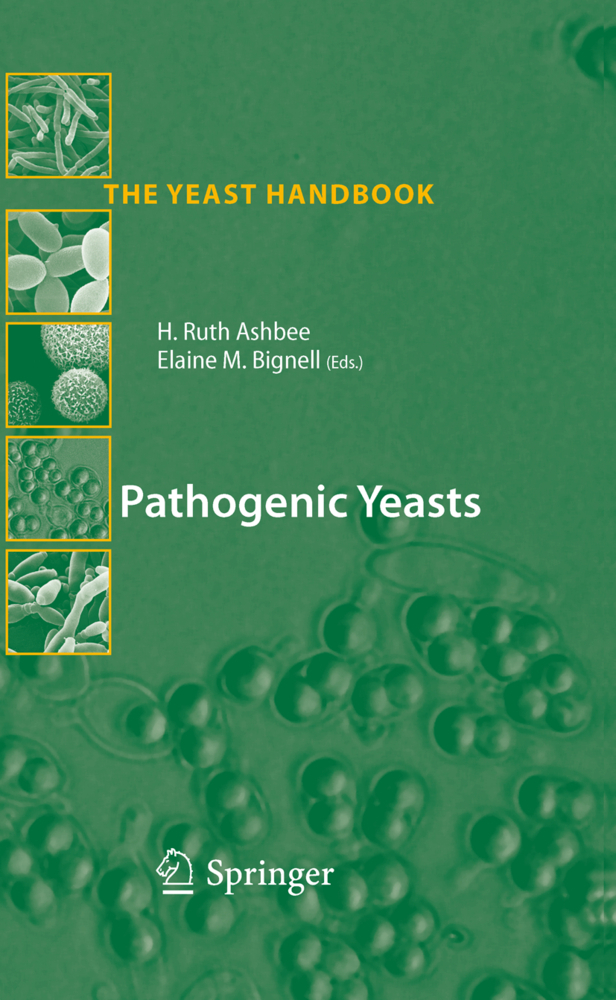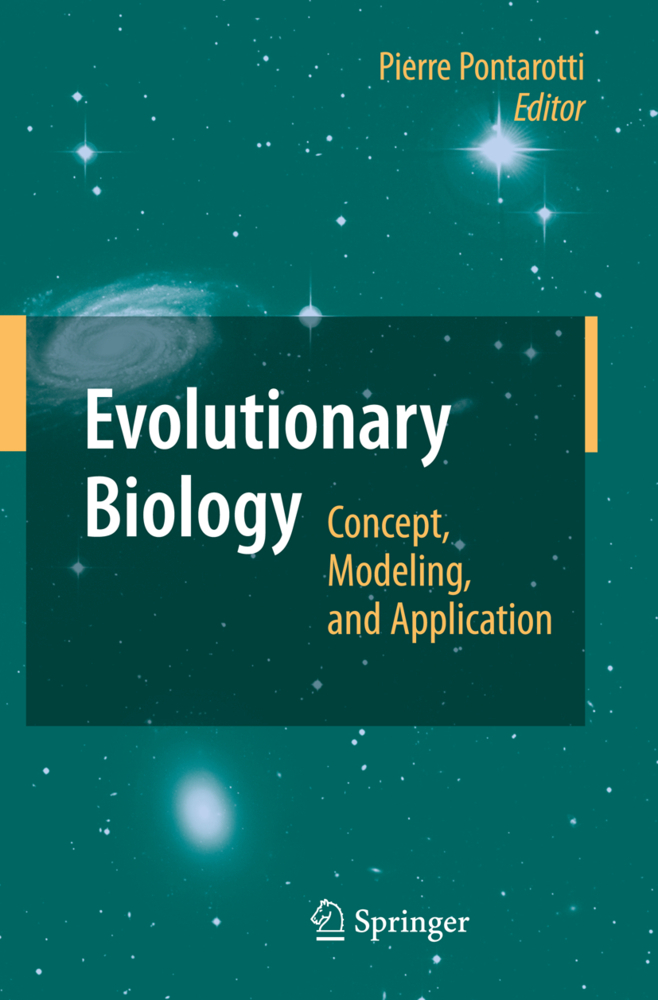Comparative Genomics
Using Fungi as Models
Comparative Genomics
Using Fungi as Models
Fungal comparative genomics started in 2000 by the genome sequencing of several yeast species other than the canonical Saccharomyces cerevisiae. Since then, over 30 fungal genome sequences have become available. This set represents a total evolutionary divergence comparable to that between vertebrates and arthropods, but also contains closely related genomes.
This volume describes how we can use this set of genomes to trace large and small-scale events in genome evolution, to extract information about highly conserved and less conserved sequence elements, and to develop novel methods in genomics that will have an impact on genomics at large.
Comparative Genomics and Gene Finding in Fungi
Taxonomy and Phylogenetic Diversity Among the YeastsStructural Features of Fungal Genomes
Duplication of Genes and Genomes in Yeasts
Telomeres in Fungi
Employing Protein Size in the Functional Analysis of Orthologous Proteins, as Illustrated With the Yeast HOG Pathway
Lager Brewing Yeast
Genome Evolution: Lessons from Genolevures
The Genome of the Filamentous Fungus Ashbya gossypii: Annotation and Evolutionary Implications
Schizosaccharomyces pombe Comparative genomics; from Sequence to Systems.
| ISBN | 978-3-642-06852-2 |
|---|---|
| Artikelnummer | 9783642068522 |
| Medientyp | Buch |
| Copyrightjahr | 2010 |
| Verlag | Springer, Berlin |
| Umfang | XVII, 289 Seiten |
| Abbildungen | XVII, 289 p. |
| Sprache | Englisch |

